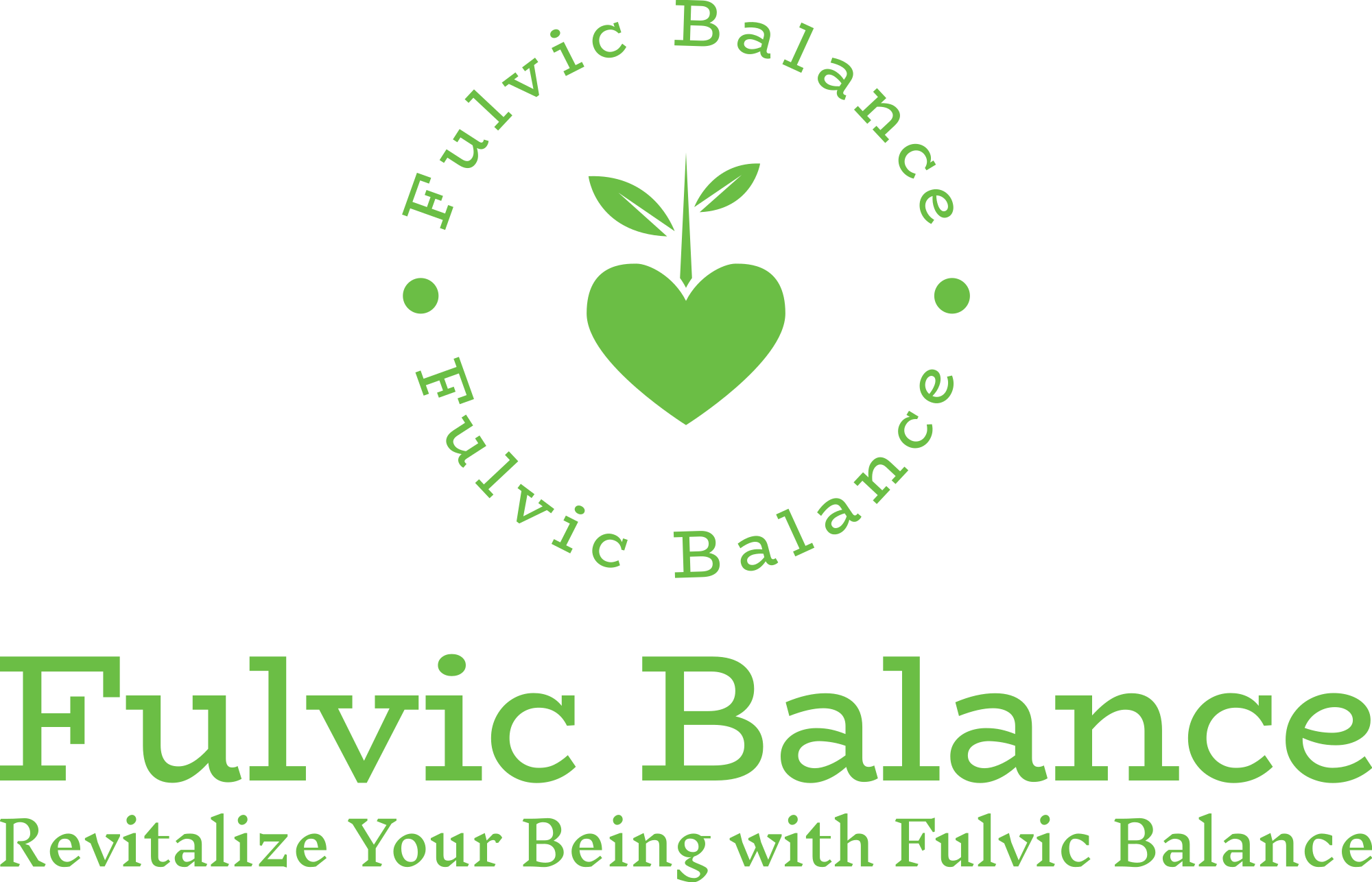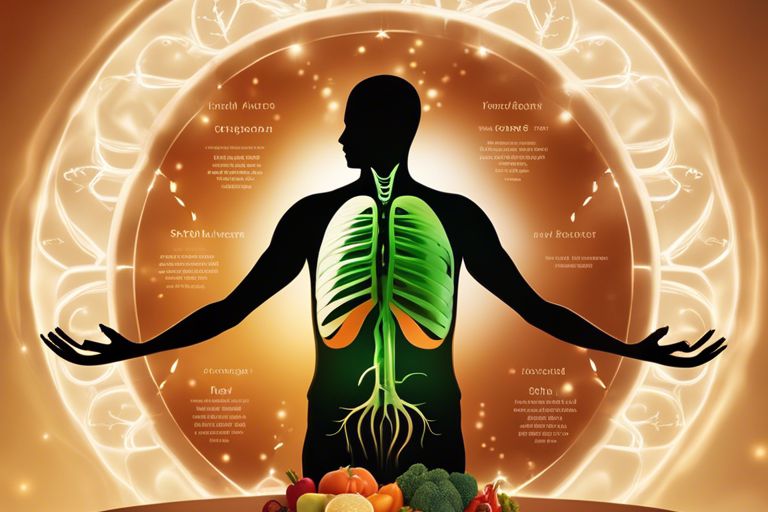Ensuring the optimal health of your gut and digestive system is crucial for overall well-being. From preventing bloating and discomfort to promoting nutrient absorption and a strong immune system, taking care of your gut is a top priority for anyone looking to improve their health. In this comprehensive guide, we will cover everything you need to know about maintaining gut health and achieving digestive wellness. From the best foods to eat for a healthy gut to the most common digestive issues and how to address them, you will find all the essential information to keep your gut in optimal condition. Say goodbye to digestive discomfort and hello to a happier, healthier gut with our ultimate guide to gut health and digestive wellness.
Key Takeaways:
- Gut Health Is Vital: Understanding the importance of gut health and its impact on overall wellness is crucial for maintaining a healthy body and mind.
- Proper Nutrition Is Essential: The right balance of nutrients, fiber, and probiotics is essential for promoting a healthy digestive system and maintaining gut health.
- Lifestyle Factors Matter: Stress management, adequate sleep, and regular physical activity play a significant role in supporting gut health and digestive wellness.
1. Eat a balanced diet rich in whole foods.
2. Include probiotics and prebiotics in your diet.
3. Stay hydrated and limit alcohol and caffeine consumption.
4. Get regular physical activity to promote gut health.
5. Manage stress through relaxation techniques and mindfulness.
6. Consult a healthcare professional for gut health concerns.
Understanding Your Gut
The gut, also known as the gastrointestinal tract, is a complex system responsible for digesting food, absorbing nutrients, and eliminating waste. It consists of the mouth, esophagus, stomach, small intestine, large intestine, and anus. The health of the gut is essential for overall well-being, as it plays a significant role in the immune system, nutrient absorption, and even mental health.
Types of Digestive Systems
With regards to digestive systems, there are two primary types: monogastric and ruminant. Monogastric animals, like humans, have a simple stomach, while ruminant animals, such as cows, have a complex, four-chambered stomach. Each type of system is designed to digest different types of food and extract nutrients in unique ways. After considering the different types of digestive systems, it becomes apparent that diet plays a critical role in maintaining optimal gut health.
| Monogastric | Ruminant |
| Simple stomach | Four-chambered stomach |
| Humans | Cows |
| Digests diverse foods | Specialized for plant matter |
| Efficient at nutrient absorption | Requires microbial fermentation |
Factors Affecting Gut Health
One of the key factors affecting gut health is diet. The foods we eat directly impact the composition of the gut microbiota, which in turn influences digestion, metabolism, and immune function. Other crucial factors include stress, medications, and environmental exposures. Recognizing the impact of these factors allows individuals to make informed decisions that can positively impact their gut health.
Factors Affecting Gut Health:
- Diet
- Stress
- Medications
- Environmental exposures
Recognizing the impact of these factors allows individuals to make informed decisions that can positively impact their gut health.
Step-by-Step Guide to Improving Gut Health
Your digestive system plays a crucial role in your overall health, and taking steps to improve your gut health can have a significant impact on your well-being. Below is a step-by-step guide to help you improve your gut health and digestive wellness.
| Diet and Nutrition Tips | Probiotics and Prebiotics: Pros and Cons |
|
Diet plays a crucial role in gut health. Focus on consuming fiber-rich foods, such as fruits, vegetables, and whole grains. Make sure to include fermented foods, such as yogurt and kefir, in your diet to introduce probiotics. |
Tips for improving gut health include incorporating probiotic-rich foods into your diet, such as yogurt, kefir, and sauerkraut. Additionally, consuming prebiotic foods like onions, garlic, and bananas can help support the growth of beneficial gut bacteria. |
|
Probiotics and Prebiotics: Pros and Cons
Probiotics are live bacteria and yeasts that are good for your digestive system, while prebiotics are a type of fiber that the human body cannot digest, but they serve as food for probiotics. Including them in your diet can help maintain a healthy balance of gut bacteria. However, it’s important to consult with a healthcare professional before starting any probiotic or prebiotic supplements, as they may not be suitable for everyone.
| Pros | Cons |
|
1. Supports digestion |
1. Potential side effects for some individuals |
|
2. Boosts immune system |
2. May cause digestive discomfort |
|
3. Helps maintain gut balance |
3. Quality and effectiveness can vary |
It’s essential to be aware of the potential benefits and drawbacks of probiotics and prebiotics when considering incorporating them into your diet or taking supplements. Always seek professional guidance to determine the best approach for your individual needs.
Maintaining Digestive Wellness
Not taking care of your gut health can lead to a variety of digestive issues and overall health problems. Therefore, it is essential to maintain digestive wellness to ensure optimal functioning of the digestive system and overall well-being.
Daily Routines and Gut-Friendly Practices
On a daily basis, it is important to incorporate gut-friendly practices into your routine to support digestive wellness. This includes consuming a balanced diet rich in fiber, staying hydrated, and engaging in regular physical activity. Additionally, practicing stress-reducing activities such as yoga or meditation can also positively impact gut health.
Furthermore, it is beneficial to adopt mindful eating habits, such as eating slowly and chewing food thoroughly, as this aids in the digestion process. Taking probiotics and consuming fermented foods can also help maintain a healthy gut microbiome, which is vital for digestive wellness.
Recognizing and Managing Common Issues
One of the key aspects of maintaining digestive wellness is being able to recognize and manage common digestive issues. Common issues such as bloating, gas, constipation, and diarrhea can indicate an imbalance in the gut flora or other underlying digestive issues. It is important to address these issues by making necessary dietary and lifestyle changes, and seeking professional help if needed.
Issues such as food intolerances or sensitivities should be identified and managed appropriately, as they can significantly impact digestive wellness. Paying attention to symptoms and understanding the triggers can help in managing these issues effectively for overall digestive health.
To wrap up
In conclusion, “Care Of Gut Check – The Ultimate Guide To Gut Health And Digestive Wellness” provides comprehensive and practical information for improving gut health and digestive wellness. By implementing the tips and strategies outlined in this guide, individuals can take proactive steps to support a healthy gut and overall well-being. From understanding the importance of gut health to incorporating gut-friendly foods and lifestyle practices, this guide offers valuable insights into achieving optimal digestive wellness. It is crucial to prioritize gut health, as it plays a significant role in our overall health and immunity. By following the advice in this guide, individuals can make meaningful changes to support a healthy and balanced gut, leading to improved digestion and overall wellness.




